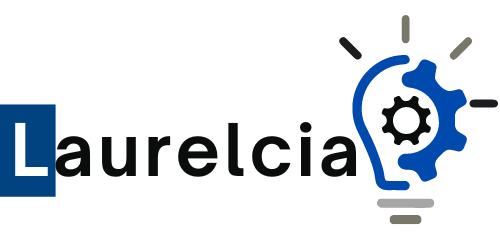
The Importance of Governance in Ethical Decision-Making
In today’s interconnected and complex business environment, effective governance plays a crucial role in guiding ethical decision-making and ensuring accountability and transparency within organizations. Governance structures and processes provide the framework for setting and enforcing ethical standards, identifying and managing risks, and fostering a culture of integrity and responsibility across all levels of the organization.
One of the key functions of governance is to establish clear policies and procedures that govern ethical behavior and conduct within the organization. From codes of conduct and ethical guidelines to whistleblower policies and conflict of interest disclosures, governance frameworks provide the rules and guidelines that employees must adhere to in their interactions with colleagues, customers, suppliers, and other stakeholders. By establishing clear expectations and standards of behavior, governance helps prevent ethical lapses and misconduct and promotes a culture of integrity and trust.
Moreover, effective governance ensures accountability and transparency in decision-making processes, enabling stakeholders to hold the organization accountable for its actions and outcomes. Governance structures, such as boards of directors and executive committees, provide oversight and guidance on key strategic decisions, ensuring that they are aligned with the organization’s mission, values, and long-term objectives. By promoting transparency and accountability, governance helps build trust and credibility with stakeholders, enhancing the organization’s reputation and sustainability.
Additionally, governance helps identify and manage risks that may impact the organization’s ability to achieve its objectives and fulfill its responsibilities to stakeholders. By conducting risk assessments, implementing controls and mitigation strategies, and monitoring key performance indicators, governance frameworks enable organizations to identify and address potential risks proactively, minimizing the likelihood of ethical lapses, compliance failures, and reputational damage. By integrating risk management into decision-making processes, governance enhances the organization’s resilience and ability to adapt to changing external and internal conditions.

Furthermore, effective governance fosters a culture of ethical leadership and responsibility throughout the organization, empowering employees at all levels to make ethical decisions and act with integrity in their day-to-day activities. By providing training, support, and resources for ethical decision-making, governance frameworks enable employees to navigate complex ethical dilemmas and uphold the organization’s values and principles in their interactions with colleagues, customers, and other stakeholders. By promoting ethical leadership and behavior, governance contributes to the overall success and sustainability of the organization, creating a positive impact on society and the wider community.
In conclusion, effective governance is essential for guiding ethical decision-making, ensuring accountability and transparency, managing risks, and fostering a culture of integrity and responsibility within organizations. By establishing clear policies and procedures, promoting transparency and accountability, integrating risk management into decision-making processes, and fostering ethical leadership at all levels, governance frameworks provide the foundation for building trust, credibility, and sustainability in today’s complex and interconnected business environment.





